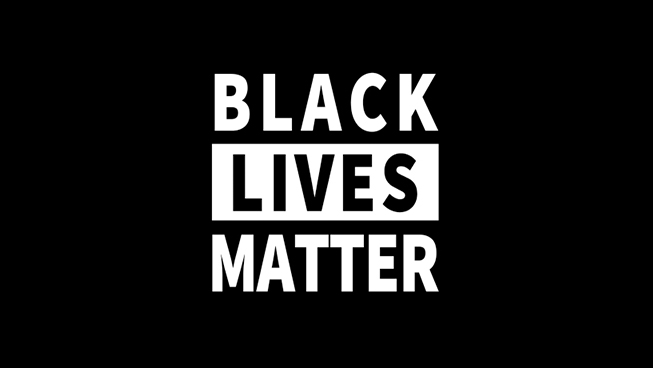
Political philosophy journal, subject of two scathing open letters, apologizes for lack of black authors.
The June issue of The Journal of Political Philosophy devotes more than 60 pages to a three-author “symposium” on the Black Lives Matter movement.
The journal is now apologizing for doing so without including the work of black philosophers. And the controversy has drawn attention to the journal’s generally poor record of publishing black scholars or, prior to the symposium, scholarship on issues related to race.
Two open letters have been circulating.
Christopher Lebron, assistant professor of African-American studies and philosophy at Yale University, started one letter by noting key facts about Black Lives Matter. “The idea ‘black lives matter’ is an ethical demand calling for an end to the erasure of black lives and presence by systems of racist power anchored in a history of white supremacy,” he writes. “In our current moment, both the idea and the movement are aligned against the notion that black experiences are irrelevant or negligible for organizing our collective view of civil society.”
Lebron went on to say, “Try to imagine my distaste when it was brought to my attention that your journal published a philosophical symposium on ‘black lives matter’ with not one philosopher of color represented, without one philosopher of color to convey her or his contextualized sense of a movement that is urgently and justifiably about context. It certainly cannot be said there was no one to ask. I should know. I just published a book on the philosophical foundations of black lives matter.” (Lebron, who is about to move to Johns Hopkins University, where he will become associate professor of philosophy, is the author of The Making of Black Lives Matter, published this month by Oxford University Press.)
The lack of black authors could be “merely unfortunate,” he said, so he decided to look at the journal’s publication record.
His findings: “The Journal of Political Philosophy has not published a single article on the philosophy of race: voting, elections, immigration, global markets and animals have gotten their time in the journal’s sun. But as black Americans, and the philosophers who study racial inequality — a political philosophical problem — have directly engaged one of our era’s most sinister moral and political quandaries, the journal has failed to represent race in its pages. Maybe more damning, so far as I can tell, not one black philosopher has seen her or his work appear in the pages of your respected journal, on race or any other topic.”
Melvin L. Rogers, the Scott Waugh Chair in the Division of the Social Sciences and associate professor of political science and African-American studies at the University of California, Los Angeles, also wrote an open letter on the topic.
“It is profoundly troubling that a symposium named in honor of the movement effectively performs the invisibility and devaluation of black life via the exclusion of scholars of color that the movement would otherwise challenge,” Rogers said. “This is especially upsetting because there are a number of political theorists and philosophers of color positioned to easily say something meaningful about the movement and its connection to substantive normative issues.”
The editors of the journal have responded with an apology.
“We, the editors, sincerely apologize for the oversight in not including a black author in a symposium explicitly entitled ‘Black Lives Matter.’ We accept the point eloquently and forcefully made by our colleagues that this is an especially grave oversight in light of the specific focus of Black Lives Matter on the extent to which African-Americans have been erased and marginalized from public life.”
The editors pledged that they would:
- Meet to discuss how the symposium was planned and to consider lessons learned from what happened.
- Invite two black scholars to join the journal’s editorial board (which currently includes nonwhite people, but not any black people).
- Work “harder to encourage work from philosophers and political theorists of color as we have done with women and young scholars in the past, and we will revise our editorial guidelines to reflect this commitment.”














